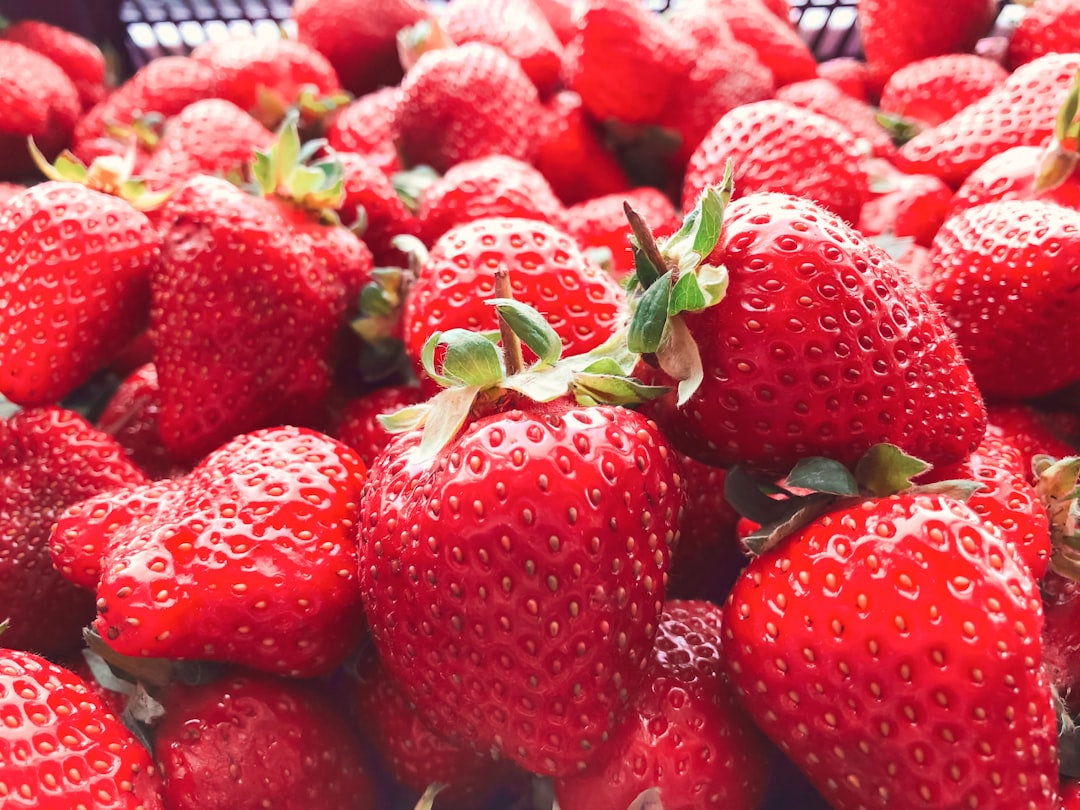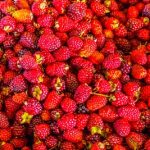It is amazing sometimes reading the labels of our foods that we overlook so many of the additives that are actually contained in these products. It is also alarming to know that many of the additives we are otherwise aware of are known to be very harmful. My intention is to show you the 4 main reasons why you should be looking at labels that contain this type of information.
1st “Fat Free”

I’m sure you’ve noticed a lot of margarine being advertised as “fat free” or in some other manner. The reason for this is because the manufacturers of these products have added something to them that you wouldn’t otherwise be putting on your bread or butter.
What this “addition” consists of is trans fatty acids, more commonly known as hydrogenated oils. Produced from oils that have been chemically modified through a process called hydrogenation, trans fatty acids are thought to pose a higher risk of coronary heart disease and some cancers. I mention this hydrogenation because it is something that is done to most margarines and oils on the market.
2nd “Low Fat”
Along with hydrogenation, “low fat” products are almost always made with vegetable oils. The problem with these oils is that they are almost always rancid, which means that they lack Omega 3 fatty acids. Omega 3 fatty acids are essentials to your good health, yet most of us don’t eat enough fish or consume enough foods that contain these good oils.
3rd “Healthy”
I can’t think of any worse type of marketing tactic than encouraging people to eat more healthily. After all, what better way to start the diet than to have a little treat every now and then? Unfortunately, the majority of the population will hardly recognize as a treat. It might be called a cup of tea in an cafe, or maybe it’s called potato chips at a party. While it would be acceptable if you were going to occasionally have a bite of ice-cream, it’s very much not okay if most of your diet is comprised of donuts and muffins.
“Happy”
Finally, I can’t think of any better way of displaying joyfulness and love to your family than making sure that they have a “Happy” meal together. I mean, if your mother says that your getting fat then, what’s wrong with eating nice steak? A bowl of vegetable soup with a big helping of salad is good enough.
“Silly Bread”
Last, but not least, let’s talk about “silly bread”. Products that have been enriched or bleached or have some kind of flower pattern or stamp on the packaging all seem to belong on the list. What does this mean? Does it mean that these products are healthy? Does it mean that they are low fat? Does it mean that they have the nutritional values of a level playing field”? NO! Read the list of ingredients.
In conclusion, learned consumers should be wary of products labeled with words such as “low fat”, “low sodium”, and “sugar free”. While you might think that these products are great for your health, they are actually misleading. “Low sodium” does not mean low calories. It means that the serving size is so low that almost Anyone will be able to consume an entire package. Low calories may mean consuming empty calories such as sugar.
“Sugar free” can refer to several products. Sugar free (without sugar added) means that the product contains as little as 0.5 grams of sugar per serving. Another “sugar free” claim can be made for products such as certain deserts. Eating these products can create a sugar deficiency imbalance. Products that have absolutely nothing added or least not added sugars count as sugar free.
The following is a list of words that contain the words “low”, “free”, or “sugar free”. They are also common words related to sugar content. Some of these words are suspect but the consumer must take based on the product description.
Adulterated: Probably the most common meaning of this phrase. This is a term used for products that are sweetened or alcoholic. The sugar content usually vary.
Alcohol: The production of ethanol, alcohol, from grapes or grapes for example is called “dry distillation”.
Anganoglutaross: This phrase means sugar alcohol. The only material on this list is the sugar from corn or glucose.
Artificial: Products that have a stimulant or stimulant effect on the body.
Beta carotene: This is found in vegetables and fruits like carrots, sweet potatoes, and tomatoes to name a few.
Cane sugar: Commonly found in products with caramel or chocolate properties.
Caramel: The main compound of caramels, which are candies.
Cane juice: A sweetener made from whole grain or restricted breathing.



